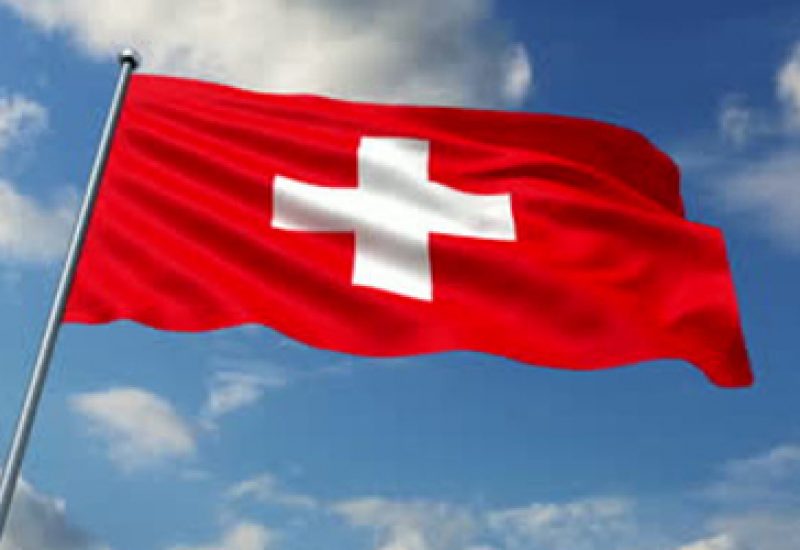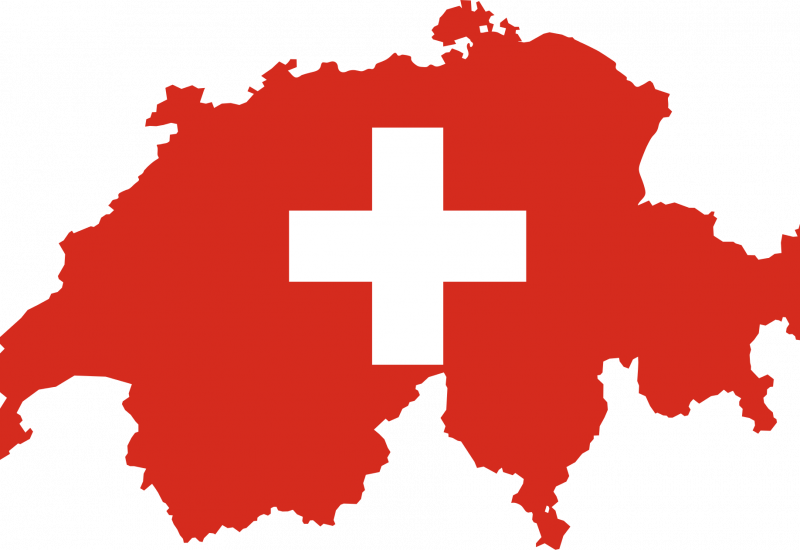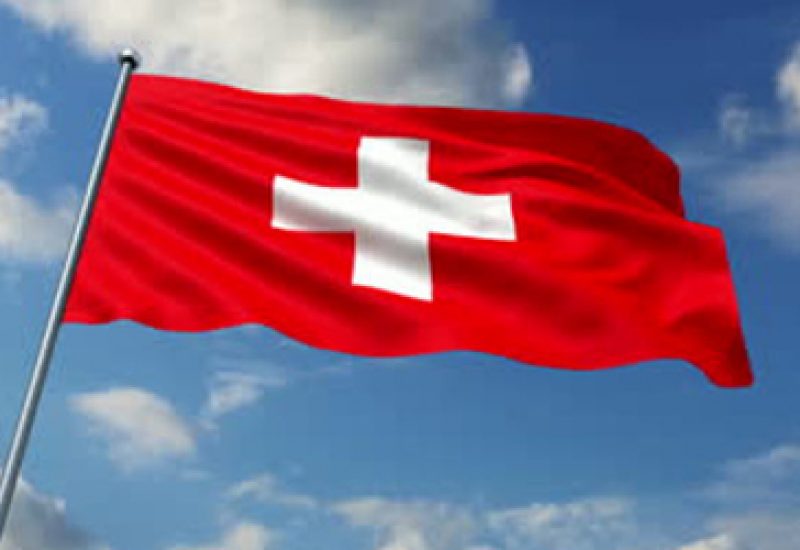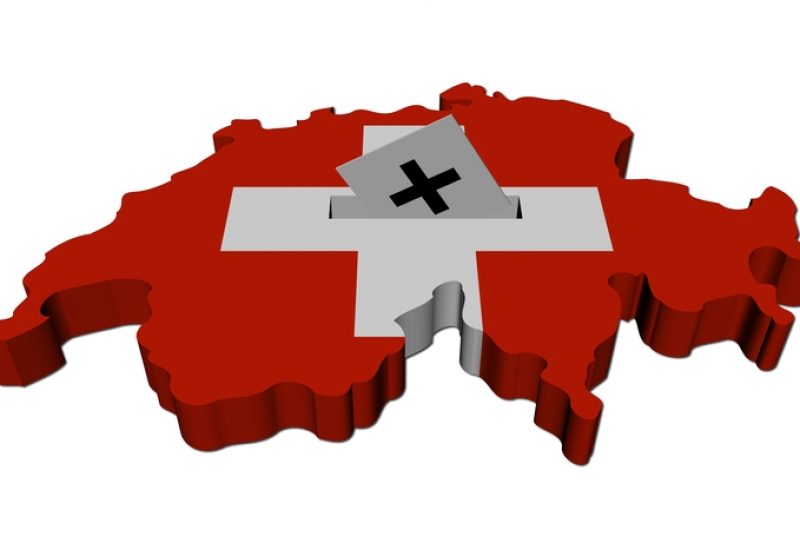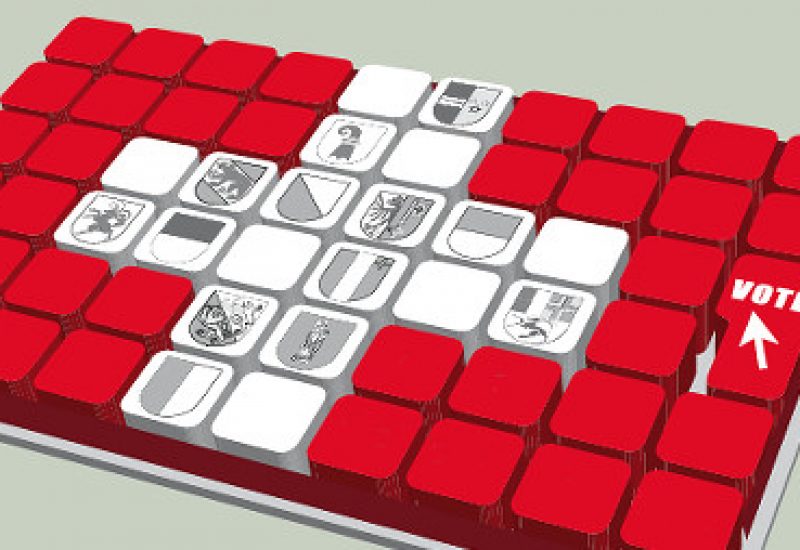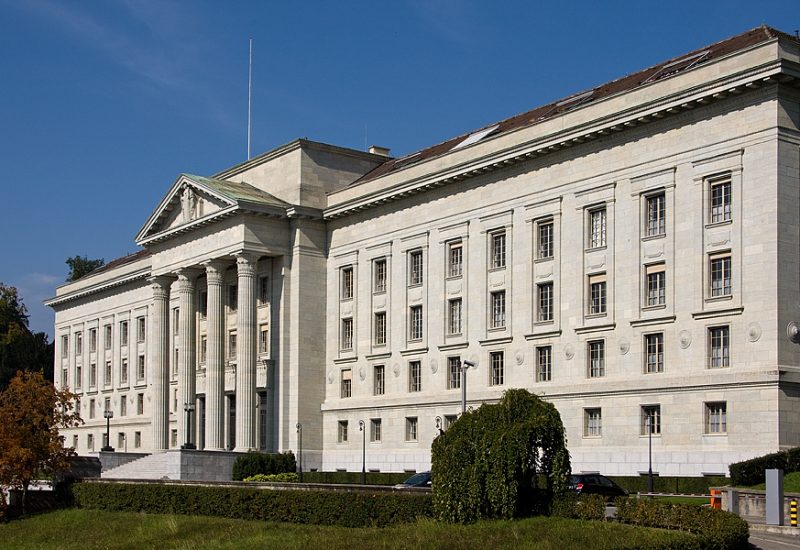- September 26, 2016
- 12:07 pm
- Constitutional Change
by Thomas Fleiner
On September 25, the Swiss sovereign (according to Article 195 and Article 142 par 2 of the Constitution) rejected two popular constitutional initiatives and the voters decided on a referendum (Article 142 par 1 of the Constitution) against the law on the intelligence service. The sovereign rejected both initiatives and the majority of the voters accepted the law on the intelligence service. The turnout was about 42%.
